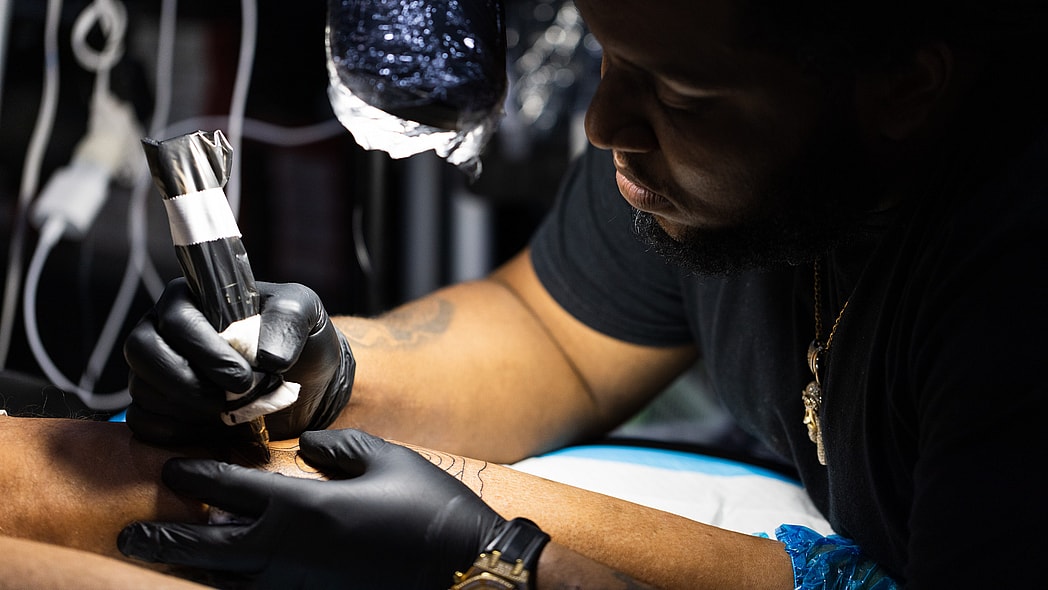A new study conducted by the U.S. Food and Drug Administration found potentially harmful bacteria in sealed, sterile-labeled bottles of tattoo and permanent makeup ink.
“In light of our study results, we want to emphasize the importance of continuously monitoring these products to ensure the microbial safety of tattoo inks,” Seong-Jae (Peter) Kim, a microbiologist staff fellow at the FDA’s National Center for Toxicological Research, said in a statement, per CNN.
Researchers tested 75 samples of sealed tattoo and permanent makeup ink from 14 different manufacturers and found that 35% of the samples showed traces of bacterial contamination.
Experts say the contamination of these ink products can be extremely detrimental for clients as they are injected into the skin, leading to infections and injuries. According to Linda Katz, director of the FDA’s Office of Cosmetics and Colors and study co-author, some of the most commonly reported results of tattoo ink contamination are rashes and contagious bacterial skin infections like impetigo, erysipelas, and cellulitis.
However, the spread of bacteria within these injection sites puts clients at risk of developing more severe symptoms, like endocarditis, which is inflammation of the heart’s inner lining caused by a bacterial infection. Similarly, clients could go into septic shock, the final stage of sepsis caused by the body’s extreme immune response to infection, which can in turn cause dangerously low blood pressure and organ injury.
Recommended Stories
“Pathogens or other harmful substances in these inks can travel from the injection site through the blood and lymphatic systems to other parts of the body,” Katz told CNN. She noted that people with multiple or large tattoos are at higher risk because they have an increased chance of exposure to contaminated ink.
The study, whose findings were published on July 2 in the Applied and Environmental Microbiology journal, also included permanent makeup products, which Katz says can be just as harmful to clients. Cosmetic procedures like micro-blading, lip blushing, permanent eyeliner, etc., all use permanent makeup ink in ways that can be even more harmful to clients if they are contaminated with bacteria.
“While both tattoos and permanent makeup carry risks if contaminated ink is used,” Katz explained. “Permanent makeup applied around the eye area may pose a higher risk to consumers because microbes could enter the eye and may cause an infection.”
Ultimately, the study reveals a bigger issue within the tattoo and permanent makeup ink industry, according to John Swierk, an assistant professor of chemistry at Binghamton University who says: “Part of the problem is that there is no agreed upon, industry-standard method for sterilizing inks. Our work and the current study really highlight the need for good, standardized manufacturing processes across the tattoo ink industry.”








